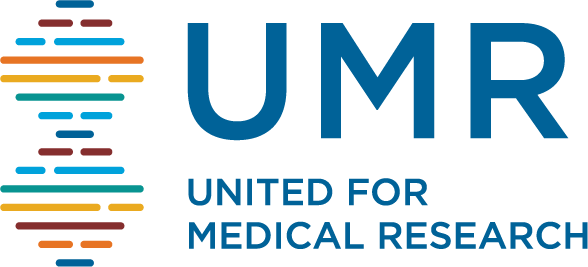New research at Washington University School of Medicine in St. Louis suggests that many, but not all, therapies made from combinations of two antibodies are effective against a wide range of variants of the virus. Further, combination therapies appear to prevent the emergence of drug resistance.
The study, in mice and hamsters, tested all single and combination antibody-based therapies authorized for emergency use by the Food and Drug Administration (FDA), or that are being evaluated in late-stage clinical trials, against a panel of emerging international and U.S. variants of SARS-CoV-2, the virus that causes COVID-19.
